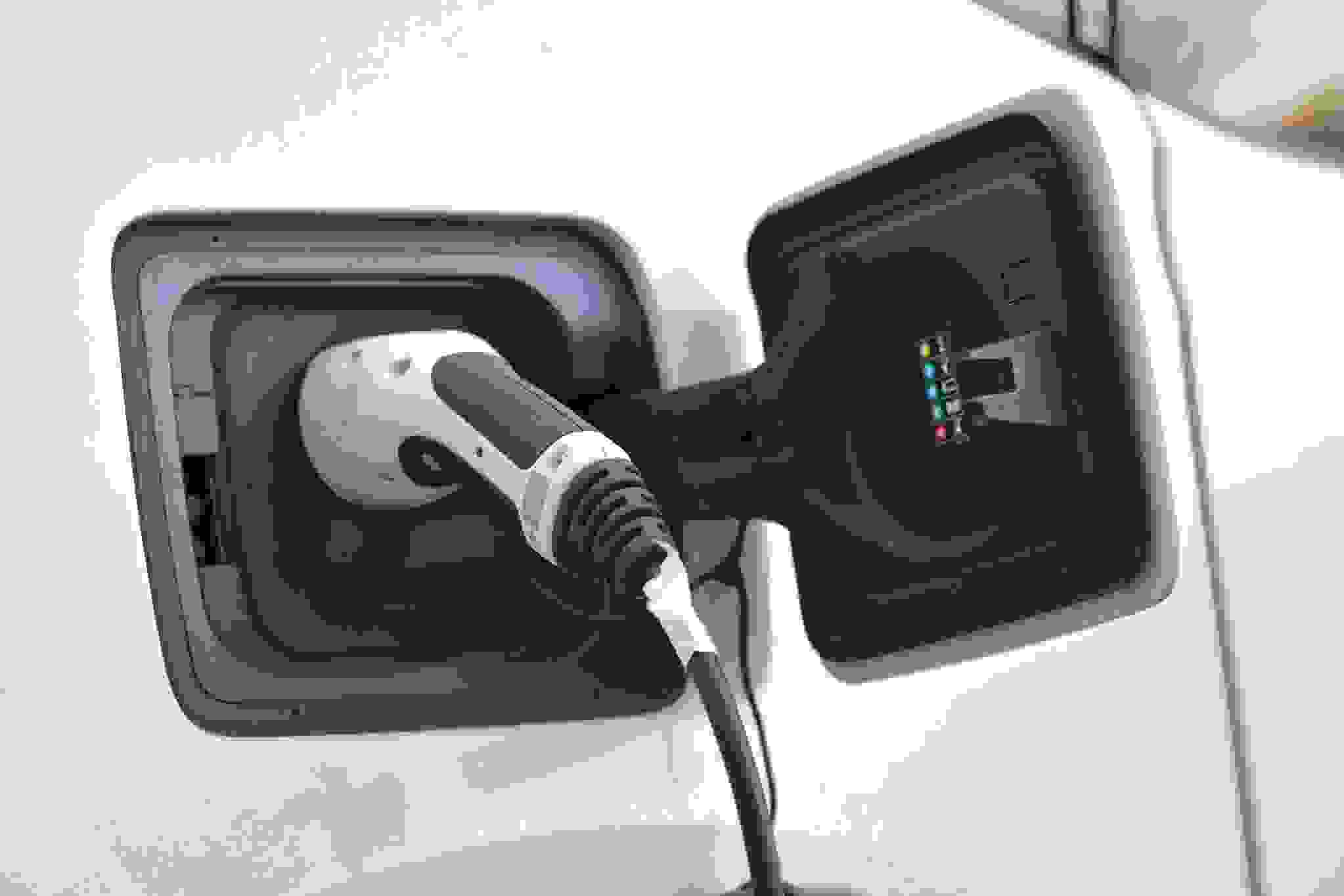Unless you’ve been living under a rock, you’re well aware of the recent price jump for the cost of gasoline. Since public transportation may be limited depending on location, many drivers are now considering an electric car
for the first time. However, it's not as simple as you may think.
Russian oil under sanction
The world looks much different now than it did at the start of the pandemic in 2020. Many employees have resumed their long commutes and Russian oil is under sanction due to the country’s recent invasion of Ukraine.
“Global sanctions on Russian industry have put enormous pressure on the petroleum market, pushing up prices everywhere,” Wired
reports. Though the U.S. only gets a tiny chunk of its oil and gas from Russia, the national average price for gas reached $4.33 per gallon on Monday. And if you live in California
, you’ve seen the price per gallon spike into the $7 range. That one hurts. The Russian invasion of Ukraine has also affected other parts of the automotive industry. “Russia is a major producer of nickel—a key component of electric vehicle batteries that is set to become even more important as automakers seek to extend high-end vehicles’ ranges between charges,” Wired notes.
The electric vehicle industry is trying to catch up
While many Americans are now ready to live their best electric vehicle life, the industry isn’t quite ready for them.
And according to WSBT News
, “40 percent of people looking to buy a new car have researched electric or hybrid options in the last month.” Unfortunately, it’s the worst time to buy an electric car. According to Wired, “Pandemic supply chain woes, production crunches, and congressional waffling about the future of electric subsidies have crashed into new challenges tied to the economic sanctions of Russia.”
The sudden insane demand for electric vehicles is unprecedented, as supply chains struggle to find enough chips to make their cars go. The shortage, which is also tied to inflation, has cost the U.S. auto industry 2 million dollars in lost sales this year.
Ramping up computer chip production is predicted to take a number of years. According to environmental economist Mark Paul of the New College of Florida, “We don't have enough batteries and auto manufacturing capacity to meet the demand for electric vehicles today, which is missing a prime opportunity,” Wired notes.
Though the U.S. is still in a transitional phase, the Biden administration’s goal is for at least 40% of cars sold in 2030 to be electric.
Concerns about electric vehicles
Some consumers are worried about coordinating charge times and the availability of chargers in general. According to WCPO News
, “In February, the federal government announced new money for states to build a network of EV chargers, especially along highways.” In the next five years, about $5 billion dollars will be available for states to complete the project. For drivers who don’t have access to chargers at home, having them available in public spaces is a game changer.
Conscious consumers may not jump at the chance to own an EV because of the steep price tag. According to WCPO News, “In October, Kelley Blue Book found the average cost of an EV was more than $10,000 higher than the cost of the average new car.”
However, even if shoppers are willing to pay a higher price, current inventory is low and not guaranteed. You could be waiting up to a year due to high demand. Luckily, heavy hitters like GM, Chrysler, and Ford have invested some serious cash into EV development.
Some EV owners are even renting out their cars for extra money—a great short-term and affordable solution for those who are renting.
Also, many shoppers just don’t know much about electric cars, or that a $7,500 EV federal tax credit
exists. And though the newest Build Back Better Bill is stuck in the Senate, it’s possible that drivers could receive up to a $12,500 tax credit in the near future. 
